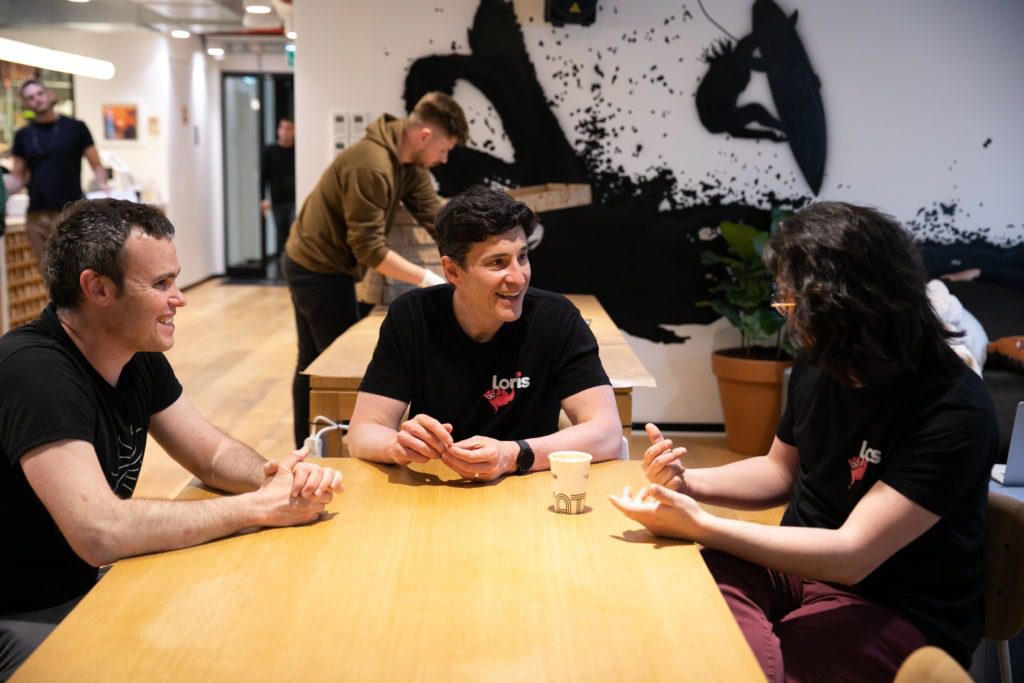Every job change is a significant decision, and in discussing my next step to join Loris as Head of Product there are three reasons why the team and the story were such a strong pull for me. As we are a fast growing company with many more new hires soon to follow, I want to be sure to capture my story so that it might help paint a picture for anyone considering Loris as a next step. Here goes. …
- The people
The tech industry is full of smart people. You throw a stone and hit a smart person. Don’t do it. No, seriously, don’t do it.
Smart and wise people are more rare than smart ones. By “wisdom” I mean the ability to make decisions in the presence of incomplete information while understanding the limits of your own knowledge, your own biases and having a good model of how others really act (as opposed to how you think they should act).
Smart, wise and kind people are rarer than smart and wise ones. This is the kind of people I enjoy working with. Both when things are easy, and even more when they are hard. These are exactly the kind of people I met at Loris.
- Customer support – ugly duckling no more
The idea of elevating customer support out of its traditional “cost center” status is not new. Conversations with your customers are a precious resource. It really makes sense. The articles on this topic have been published for a number of years.
Early adopters have been able to use support conversations for improving their products and services as a competitive advantage.
At my previous startup we created a Slack channel to provide support and answer questions. Shortly after it became clear that once we had a user’s attention and good will, that interaction could provide significant additional value – better understanding of the users’ needs, feedback on the product, bug reports, and more. Since then the channel grew to support a thriving active community of thousands of users.
Finally the interest in customer support innovation is entering the “early majority” phase. The opportunity to both participate in this shift and to affect it is extremely appealing to me.
All successful products solve their users’ problems. Then there are some products that transform the people who use them. They give their users capabilities they previously did not have. They change how these people are perceived in their organizations. This is the kind of product that we are building at Loris. We give CX leaders an AI partner that will help them understand and improve the conversations with their customers. This is a capability that only CX leaders with direct access to internal data science and engineering teams have today.
- The “magical moment” of NLP
Natural Language Processing (NLP) is experiencing a “magical moment” of technological development. When I started catching up with the state of the art in the past few months, I was excited (and a little bit scared) by the speed of recent progress. Solutions and models that seemed advanced just 4-5 years ago looked at best “cute” now.
Problems that were intractable (unless you are a FAANG) are becoming hard, but doable. Not easy, but doable (with a great team). This is what I mean by “magical moment”.
We at Loris AI have just the right team to use NLP to build technology that models conversations and plays a real time coach that helps people to have better conversations.
With all the amazing progress, the ideal role for NLP and ML in managing conversations with customers is to augment humans and not to replace humans with AI. Designing the interfaces and workflows of collaboration between humans and machines is an area full of exciting challenges for data scientists, engineers, designers and product managers.
And that’s Loris. The right people, the right market, the right moment in what’s possible. I’m excited to get to it.
